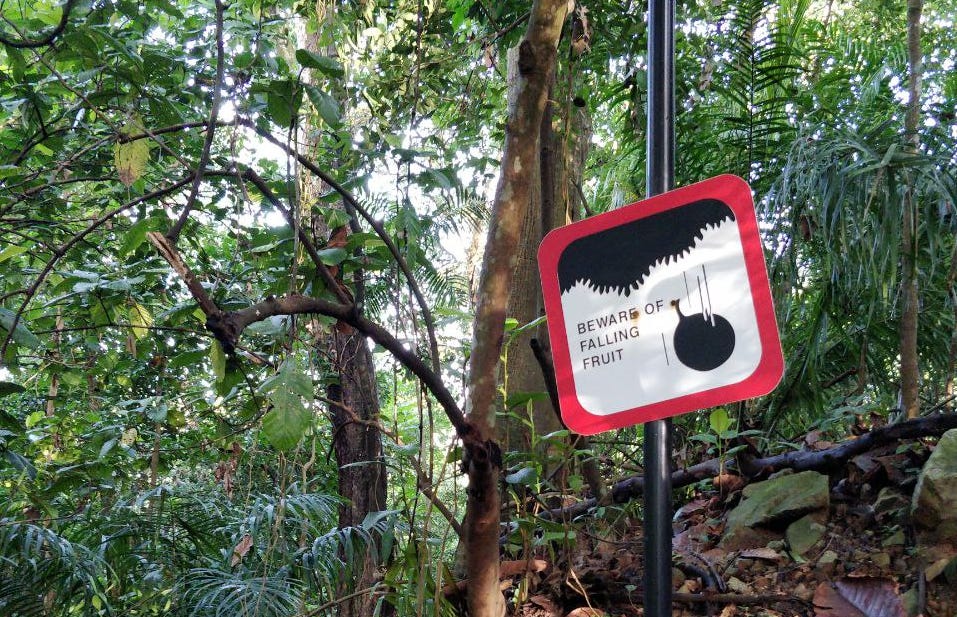Hello again,
tl;dr: Distinguishing clearly between uncertainty and risk is crucial because it makes governance better and cheaper in an increasingly uncertain world.
I was recently at a quasi-social gathering which proved to actually be for “networking.” Anyway, in attendance there were the usual people from NGOs, corporations, and two civil services. Conversations tended toward issues of governance, broadly defined: how to structure/organise/run groups ranging from teams, to cities, to countries.
Late that evening, someone asked why I made such a big deal about the importance of understanding uncertainty, distinguishing it clearly from risk, and having appropriate strategy for uncertainty: “Isn’t this a governance luxury when we’re all resource-constrained af and just focused on getting things done and keeping our heads above water?”
“No!”, I expostulated. (This is a triggering question that I often receive.)
Distinguishing clearly between uncertainty and risk is not a governance luxury. It is crucial for good governance, and it is especially crucial now. This is true for corporations, for NGOs, and for governments. Let me unpack this a bit:
There is ever more uncertainty — not just risk — to deal with. Uncertainty propagates and proliferates faster now because a) the world is more interconnected and interdependent than before, and b) our actions and their unexpected consequences are also more powerful than before. Read more on why uncertainty is increasingly unavoidable.
Mistaking uncertainty for risk leads to expensively ineffective decisionmaking and bad outcomes. Correctly interpreting whether a situation is uncertain or risky is essential for making good decisions. Read more on how confusing uncertainty with risk leads to bad decisions and outcomes: part 1, part 2, part 3.
Being clear about uncertainty vs risk allows limited resources to be used more effectively. Approaches to action that are specifically designed for uncertainty are usually smaller/less expensive and more effective than risk-management approaches — they’re the more pragmatic approach when resources are constrained. Read more on effective approaches for managing uncertainty.
Simply put, clarity about uncertainty makes governance better and cheaper in uncertain environments.
Unfortunately, clarity is rare because engaging with uncertainty always looks inefficient and illegible compared to engaging with risk — even when it will be more effective.
This is a conundrum for leaders, and the more so because we have so few tools for thinking clearly about uncertainty and acting appropriately on it. 🤞 my current research on relating better to not-knowing will fill this gap.
Speaking of which: Next Thursday, Jan 18, we’ll be discussing toolkits for dealing with not-knowing. You should join us. More info + tickets here.
See you next time,
VT


